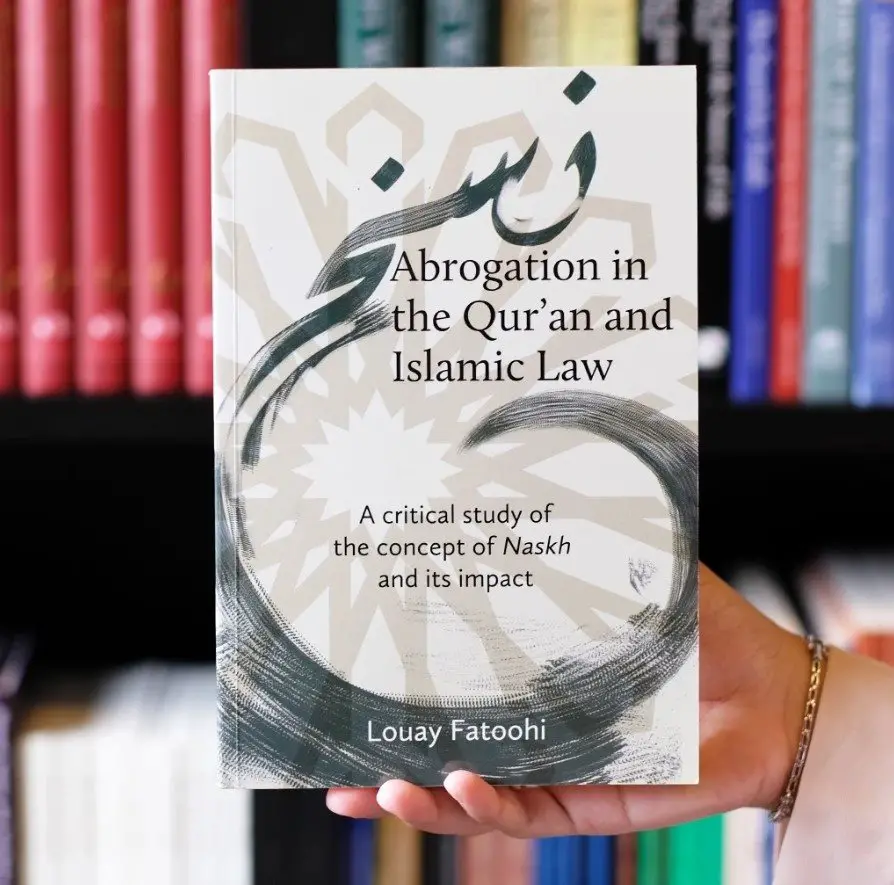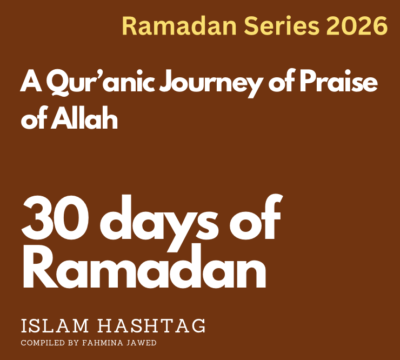Abrogation in the Qur’an and Islamic Law
“Abrogation in the Qur’an and Islamic Law” offers a nuanced and insightful exploration of a complex and often misunderstood topic within Islamic jurisprudence. Authored by Louay Fatoohi, an expert in Qur’anic studies, this book provides readers with a comprehensive understanding of the concept of abrogation and its implications in Islamic law.
Fatoohi’s approach to the subject is refreshing, as he acknowledges the diversity of opinions among Muslim scholars regarding abrogation. Through meticulous research and analysis, he demonstrates that there is no monolithic interpretation of this concept within Islamic scholarship. Instead, Fatoohi highlights the plurality of perspectives and encourages critical thinking among his readers.
One of the key contributions of the book is its emphasis on the compatibility of critical thinking with Islamic scholarship. Fatoohi argues that the exploration of complex theological and legal concepts, such as abrogation, requires intellectual rigor and an openness to diverse interpretations. By challenging preconceived notions and encouraging readers to engage critically with the material, Fatoohi facilitates a deeper understanding of the subject matter.
Moreover, Fatoohi’s expertise in Qur’anic studies shines through in his analysis of abrogation. Drawing on his extensive research, he explores the Qur’an’s treatment of abrogation and its relationship to Islamic law, shedding light on the historical context and textual nuances that inform the discussion.
As the Operations Director at Packt Publishing, Fatoohi brings a wealth of experience and insight to his exploration of abrogation. His previous works, including “The Mystery of the Historical Jesus” and “Prophet Joseph in the Qur’an, the Bible, and History,” attest to his scholarly expertise and deep engagement with religious texts.
Overall, “Abrogation in the Qur’an and Islamic Law” stands as a valuable contribution to the field of Islamic studies. Fatoohi’s nuanced analysis and commitment to critical inquiry make this book essential reading for scholars, students, and anyone interested in gaining a deeper understanding of Islamic jurisprudence and theological discourse.
Discover more from Islam Hashtag
Subscribe to get the latest posts sent to your email.





